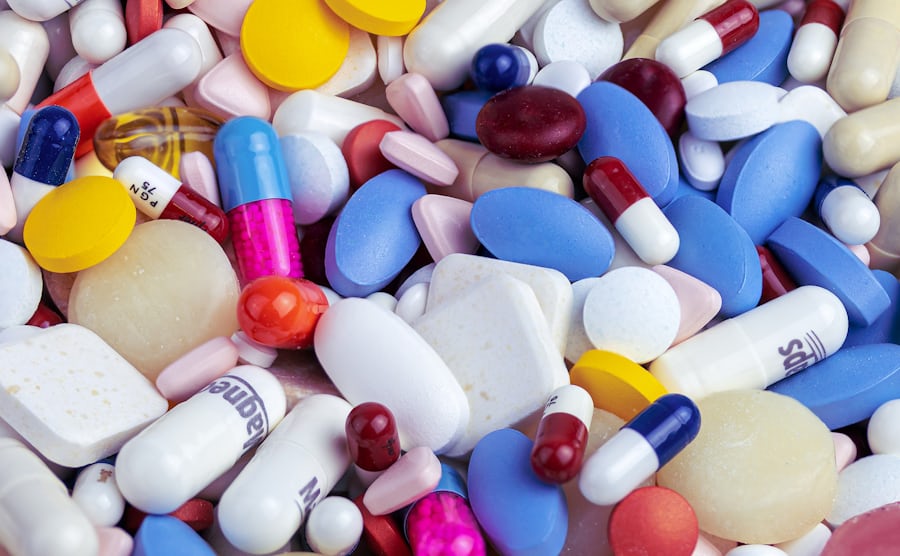
Drug overdose has become a growing concern in many communities today. Whether it involves prescription medication, over-the-counter drugs, or illegal substances, taking more than the recommended dose can cause severe and sometimes life-threatening consequences. Many people underestimate the power of drugs, forgetting that even medicines meant to heal can become harmful when misused.
1. Damage to Vital Organs
One of the most dangerous effects of drug overdose is the damage it causes to the body’s major organs. The liver, kidneys, and heart are usually the first to be affected. For example, taking too much pain medication like paracetamol can lead to liver failure, while overdosing on certain stimulants can trigger heart attacks or dangerous changes in blood pressure.
2. Breathing Problems
Many overdose cases lead to slowed or stopped breathing. This is especially common with opioids and sleep medications. When breathing slows down too much, the brain and other organs fail to get enough oxygen, leading to permanent brain damage or death if not treated quickly.
3. Mental and Emotional Effects
Overdosing doesn’t only affect the body—it also affects the mind. Some drugs can cause confusion, hallucinations, severe anxiety, or sudden mood changes. In some cases, people may become unconscious or fall into a coma. These mental effects can be temporary, but in serious cases, they may last long after the overdose.
4. Increased Risk of Addiction
Using higher doses than prescribed can push the body into dependency. Over time, a person may feel the need to use more and more to achieve the same effect, which leads to addiction. Addiction brings its own set of emotional, financial, and social problems.
5. Long-Term Health Problems
Even when an overdose does not kill, it can cause long-term damage. These may include chronic liver disease, kidney failure, heart issues, memory loss, and weakened immune system. Some people also experience long-lasting mental health problems like depression or anxiety.
6. Social and Family Impact
The effects of overdose are not limited to the person involved. Families suffer emotionally and financially. Friends and loved ones may struggle with fear, guilt, or helplessness. Communities also bear the burden through increased healthcare costs and lost productivity.
---
How to Prevent Drug Overdose
Always follow the doctor’s prescription and dosage.
Avoid mixing medications without medical advice.
Dispose of unused drugs properly.
Seek help immediately if you or someone else feels unusual after taking medication.
If you struggle with drug misuse, talk to a health professional or counselor.
---
Conclusion
Drug overdose is a serious issue that affects the body, mind, and community. Understanding the dangers can help individuals make better decisions and prevent unnecessary harm. Medicines are powerful tools for healing, but only when used responsibly. One extra pill can be the difference between help and harm—so always choose caution.